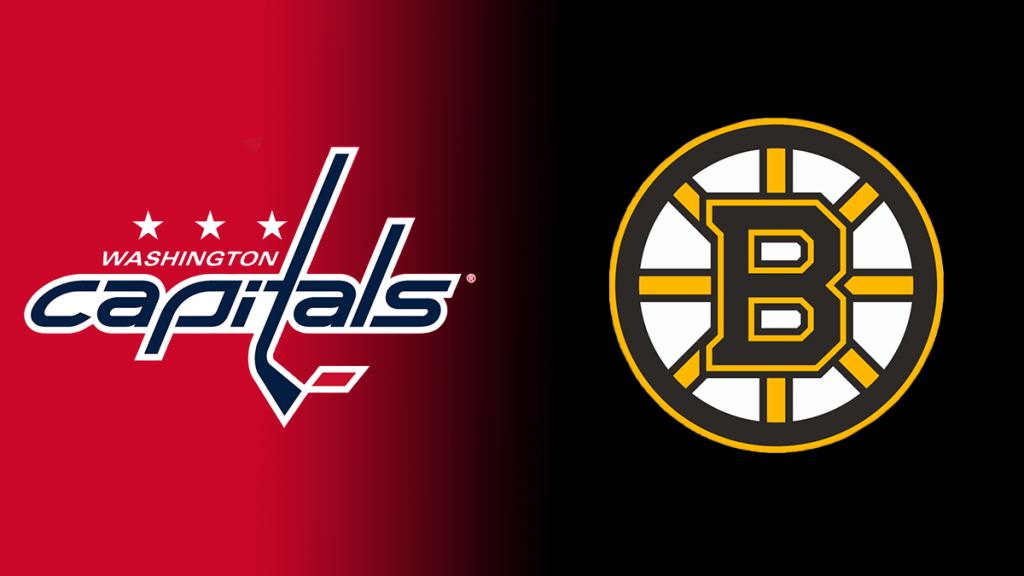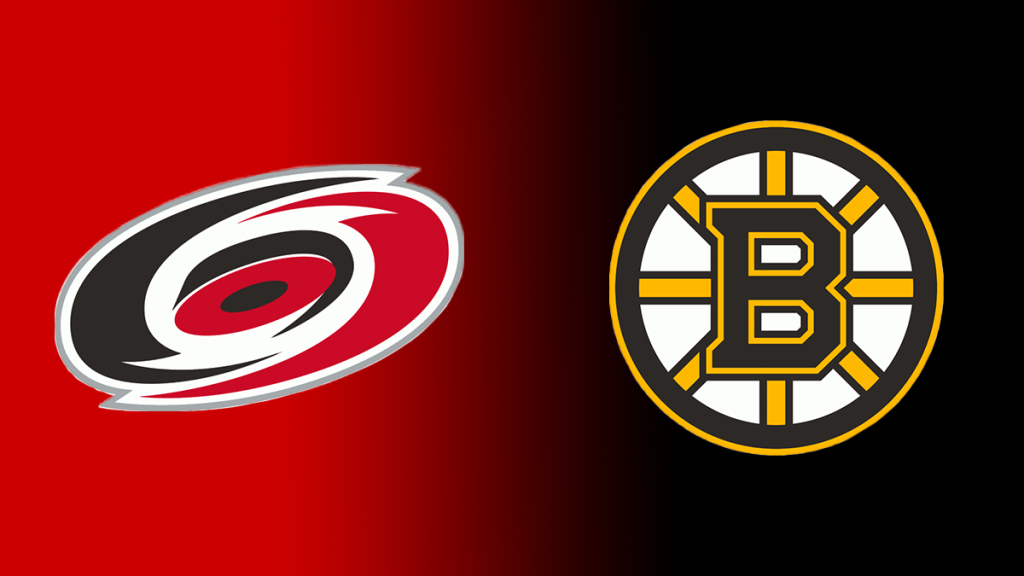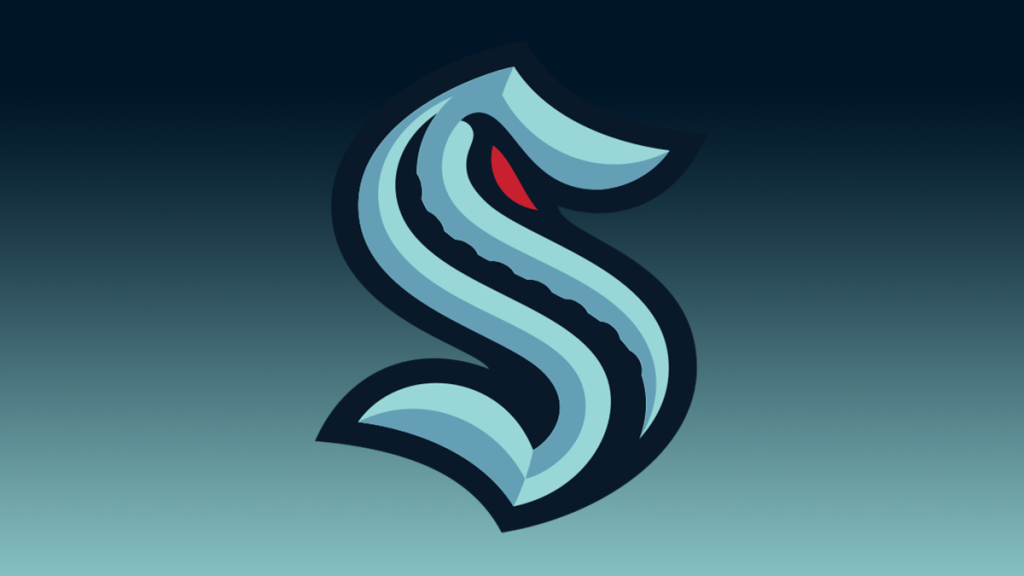-
Caps pick up their third win in a row in, 4-2, victory against Boston

Don’t look now, Pittsburgh Penguins fans, but the Washington Capitals keep closing in on a Metropolitan Division playoff spot after their, 4-2, win against the Boston Bruins Sunday afternoon at Capital One Arena. By the time the Penguins were taking on the Nashville Predators Sunday afternoon, Washington pulled to within two points behind Pittsburgh for…
-
Pastrnak scores twice in thrilling, 4-3, win for Boston

David Pastrnak had a pair of goals, while Charlie McAvoy scored the game-winning goal late in the third period as the Boston Bruins defeated the Washington Capitals, 4-3, Thursday night at TD Garden. Linus Ullmark (14-5-0, 2.55 goals-against average, .915 save percentage in 20 games played) made 14 saves on 17 shots faced in the…
-
Hurricanes storm Bruins, 7-1, in road victory

Nearly 11 years after Jackie Robinson broke Major League Baseball’s color barrier, Willie O’Ree was called up from the Québec Aces minor professional hockey team and suited up for the Boston Bruins at Montréal Forum in what became a, 3-0, shutout for the Bruins against the Montréal Canadiens on Jan. 18, 1958. The next day,…
-
Bruins thrash Capitals in, 7-3, road victory

David Pastrnak and Brad Marchand each had a pair of goals, but both players paled in comparison to Matt Grzelcyk’s five-point night (one goal, four assists) as the Boston Bruins beat the Washington Capitals, 7-3, at Capital One Arena on Monday night. Grzelcyk (1-4–5) became the first Bruins defender to score five points in a…
-
Bruins lose close one to Wild on home ice, 3-2

Two quick power play goals on a 5-on-3 advantage turned Thursday night’s action 180-degrees in favor of the Minnesota Wild in their eventual, 3-2, victory over the Boston Bruins at TD Garden. Wild goaltender, Kaapo Kähkönen (5-2-1, 2.60 goals-against average, .906 save percentage in nine games played) made 36 saves on 38 shots against in…
-
Washington Capitals 2021-22 Season Preview

2020-21 record 36-15-5, 77 points 2nd in the MassMutual NHL East Division Eliminated in the First Round by Boston Additions: F Michael Vecchione, D Matt Irwin, D Dylan McIlrath, G Hunter Shepard Subtractions: F Daniel Carr (NL), F Phillippe Maillet (KHL), F Michael Raffl (signed with DAL), D Zdeno Chara (signed with NYI), D Brenden…
-
Seattle Kraken 2021-22 Season Preview

2020-21 record 0-0-0, 0 points Making their debut in the Pacific Division Newest expansion team entering their 1st season Additions: F Mason Appleton (from WPG), F Nathan Bastian (from NJD), F Colin Blackwell (from NYR), F Joonas Donskoi (from COL), F Jordan Eberle (from NYI), F Yanni Gourde (from TBL), F Morgan Geekie (from CAR),…
-
Let’s pretend to be the Seattle Kraken

The 2021 NHL Expansion Draft welcomes the Seattle Kraken to the league as its 32nd member club Wednesday night at 8 p.m. ET on ESPN2 in the United States and Sportsnet in Canada. Because of a lot going on right now, this mock expansion draft got delayed until the day of the actual draft and…


